An extensive commissioning and startup procedure is necessary to guarantee that oil and gas facilities function safely and efficiently. This article describes the commissioning and startup phases in the Canadian oil and gas industry, along with examples of advanced services such as electrical and instrumentation, compressor seal vent testing, MSAPR engine testing, mobile boilers, construction and project management, and the use of project management software.
An Overview of Commissioning and Startup
In the life cycle of an oil and gas facility, such as refineries, processing plants, and offshore platforms, commissioning and startup are two distinct but closely related phases. While commissioning involves confirming that the design, construction, and installation of the facility meet the required standards and specifications, startup entails bringing the facility up to full operating capacity.
To ensure the safety and well-being of workers, the environment, and the general public in Canada, the oil and gas industry is subject to stringent regulations and guidelines. The Canadian Standards Association (CSA), the Canadian Energy Regulator (CER), and provincial regulatory bodies have established guidelines and requirements for the commissioning and startup of oil and gas facilities.
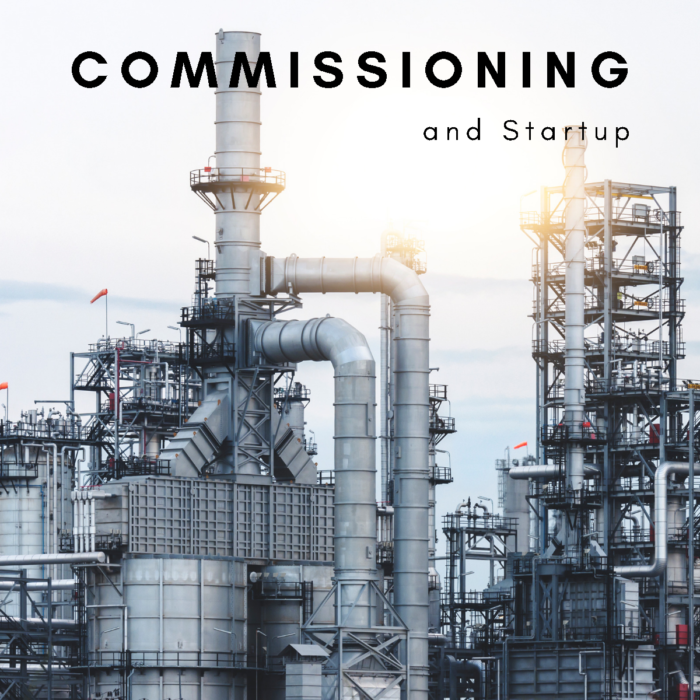 Advanced Services and Technologies in Commissioning and Startup
Advanced Services and Technologies in Commissioning and Startup
- Electrical and Instrumentation
Electrical and instrumentation services are vital in ensuring the safe and efficient operation of oil and gas facilities. These services include the design, installation, calibration, and testing of electrical systems, control systems, and field instruments. Properly executed electrical and instrumentation services ensure that facilities operate optimally and comply with regulatory requirements.
- Compressor Seal Vent Testing
Compressor seal vent testing is a crucial service that verifies the integrity of compressor seals in gas processing and handling facilities. This testing ensures that seals are functioning correctly, preventing gas leaks and reducing the risk of environmental incidents or equipment damage.
- MSAPR Engine Testing
The Multi-Sector Air Pollutants Regulations (MSAPR) in Canada require regular testing of stationary engines used in the oil and gas industry to ensure compliance with emissions limits. MSAPR engine testing services help identify potential issues and optimize engine performance to meet regulatory requirements and minimize environmental impact.
- Mobile Boilers
Mobile boilers provide temporary steam or hot water supply during the commissioning and startup phases. These boilers are essential in maintaining process operations and ensuring equipment testing can be performed under various conditions, enabling facilities to become fully operational more efficiently.
- Construction and Project Management
Effective construction and project management are crucial in ensuring the successful completion of commissioning and startup projects. These services involve the planning, coordination, and control of resources to deliver projects on time and within budget. Experienced project managers oversee various aspects, such as procurement, scheduling, and stakeholder communication, to ensure a smooth transition from construction to operation.
- Project Management Software
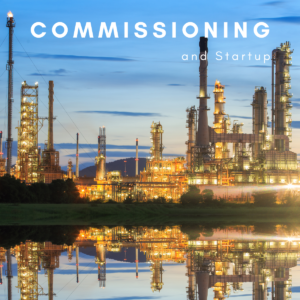 Project management software is a powerful tool that streamlines construction and project management processes. This software facilitates collaboration, communication, and real-time tracking of project progress, enabling project teams to make informed decisions and optimize resource allocation. By using project management software, oil and gas companies can improve efficiency, reduce costs, and enhance the overall success of their commissioning and startup projects.
Project management software is a powerful tool that streamlines construction and project management processes. This software facilitates collaboration, communication, and real-time tracking of project progress, enabling project teams to make informed decisions and optimize resource allocation. By using project management software, oil and gas companies can improve efficiency, reduce costs, and enhance the overall success of their commissioning and startup projects.
The commissioning and startup process plays a pivotal role in the oil and gas industry, laying the foundation for the safe and efficient operation of facilities across Canada. This comprehensive process involves a meticulous examination of every aspect of the facility, ensuring that design, construction, and installation conform to the highest industry standards and regulatory requirements. By effectively managing and executing the commissioning and startup phases, oil and gas companies can optimize their facilities’ performance, minimize potential risks, and demonstrate their commitment to operating in a responsible and sustainable manner. In turn, this fosters a greater understanding and appreciation among industry stakeholders and the general public for the diligent efforts made by the Canadian oil and gas sector to prioritize safety, environmental protection, and overall operational excellence.

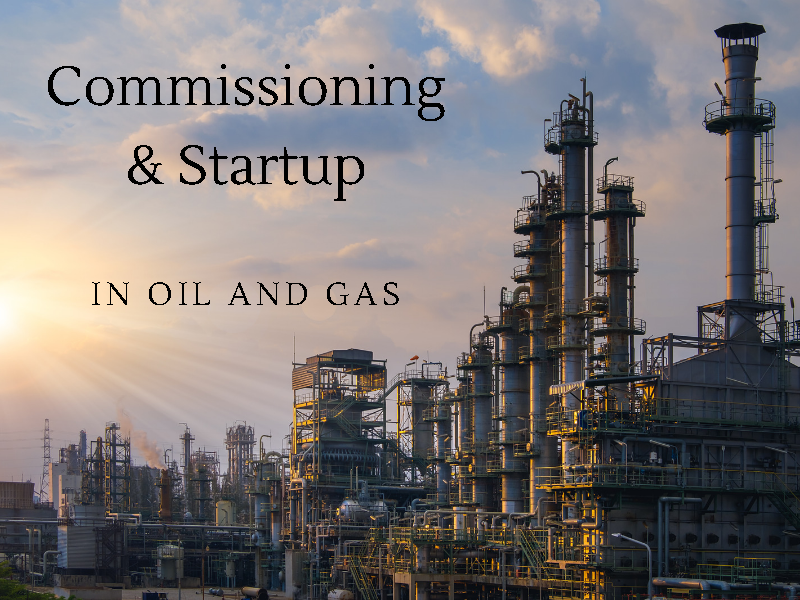
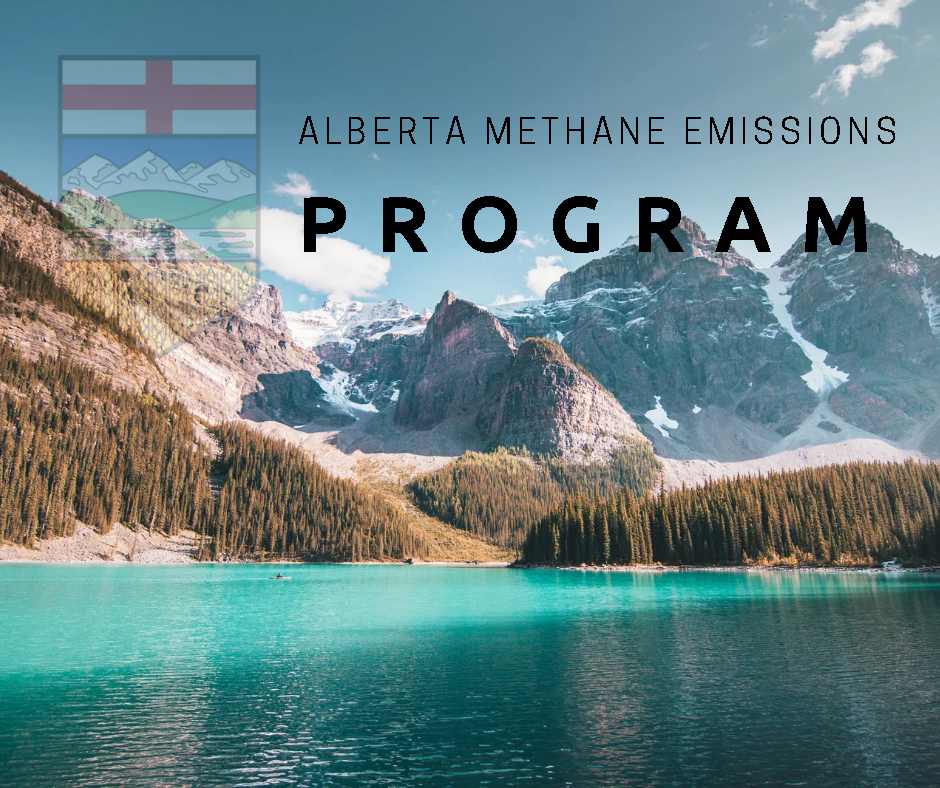
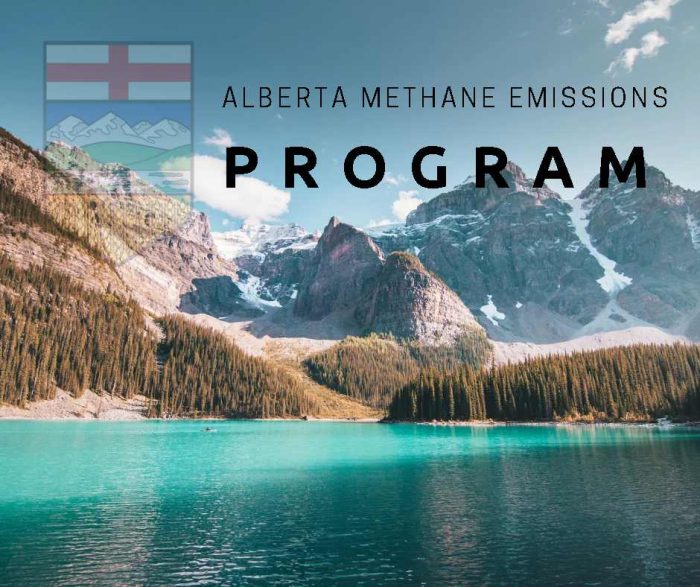 The effort aims to promote government regulation updates, lower expenses for business, and assure recommendations for methane detection and control whilst which allows decreases in methane pollutants in Alberta’s energy sector. Financing for the
The effort aims to promote government regulation updates, lower expenses for business, and assure recommendations for methane detection and control whilst which allows decreases in methane pollutants in Alberta’s energy sector. Financing for the 
 With such a wide range of O&G service providers these providers offer, it is difficult to list only a few whilst excluding a great number of other relevant ones. However it is worth stating that within this industry, technological innovations has performed a top role in encouraging the sector progression. A couple of other providers include water treatment, transportation, pipeline monitoring, well restoration, midstream & downstream solutions and energy cost savings and management.
With such a wide range of O&G service providers these providers offer, it is difficult to list only a few whilst excluding a great number of other relevant ones. However it is worth stating that within this industry, technological innovations has performed a top role in encouraging the sector progression. A couple of other providers include water treatment, transportation, pipeline monitoring, well restoration, midstream & downstream solutions and energy cost savings and management.